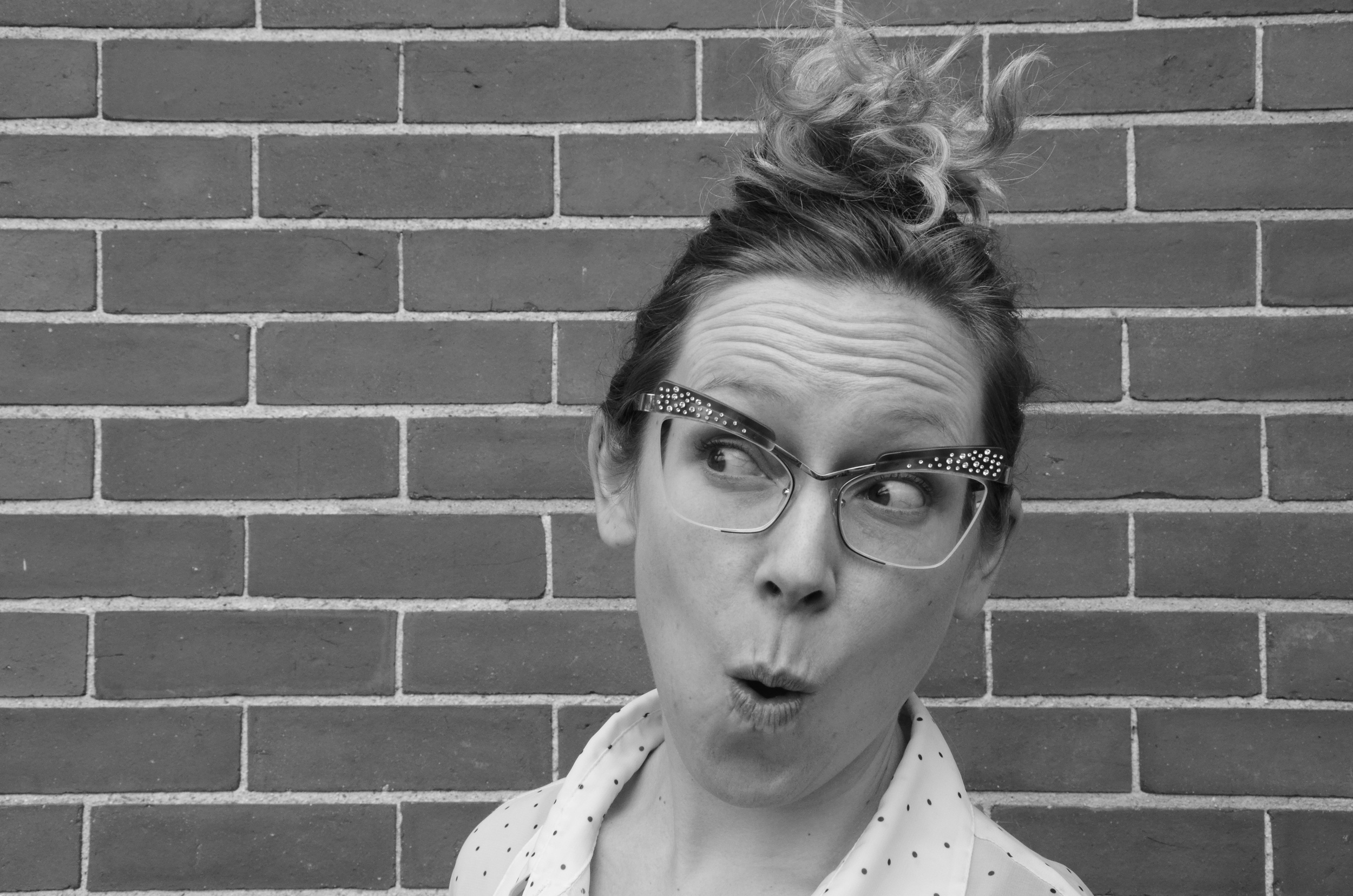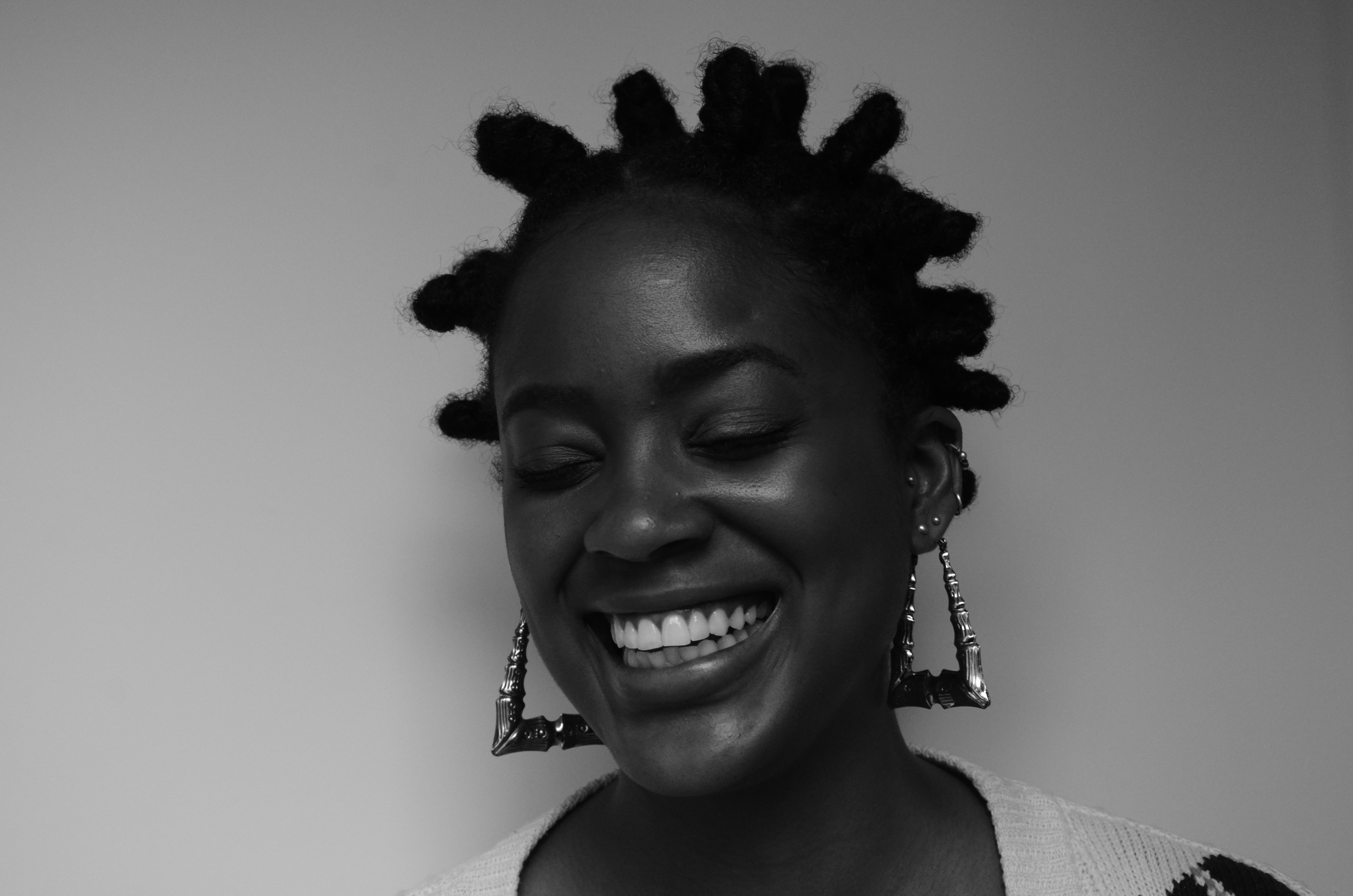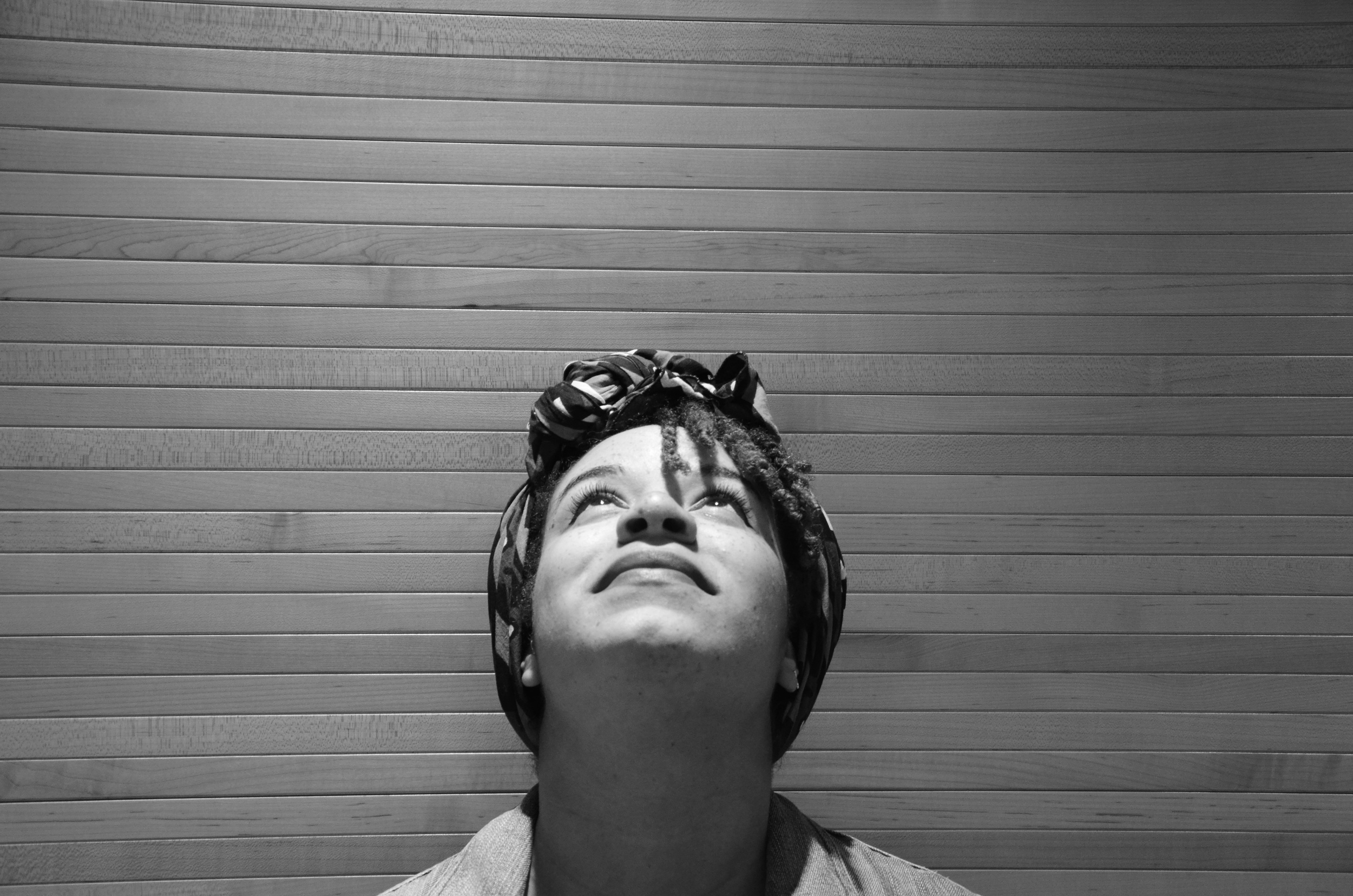Projects
Archipelagos of Aftermaths: Survivance, Imperialism and Climate Change in New Orleans, Puerto Rico, and Hawai ́i
Dissertation Research Abstract. 2021.
The ongoing aftermaths of Hurricanes Iniki, Katrina, and Maria, and the increased threat of named storms during the 2020 hurricane season, underscores the urgency of conducting climate change research in vulnerable communities subject to U.S. government policy. My research investigates Afro-Indigenous climate adaptation praxis through the lens of the entangled afterlives of plantation slavery, Indigenous genocide, and state-sanctioned violence. I ask: What forms of traditional ecological knowledge (TEK) have been developed and sustained by Afro-Indigenous people in coastal and island communities, governed by U.S. policy, to prepare for and survive climate-related disasters? How are contemporary survivance tactics informed by past practices, epistemologies and ontologies of Black and Indigenous peoples? How are TEKs transmitted intergenerationally? What is the role of TEK in forecasting, creating, and archiving Black and Indigenous futures in the United States? To answer these questions, I propose a multi-sited study of hurricane survival practices in three U.S. territories: Bulbancha (New Orleans, Louisiana), Borikén (Puerto Rico), and Hawaiʻi. Drawing from autoethnography, oral history, cookbook assemblages, literary analysis, historical archives, and participant-observation, my research archives how communities work to survive the intersecting disasters of Empire, and to theorize how TEK functions as an infrastructure within frontline communities.
Recipes For the Revolution: Meals Our Ancestors Made Possible
Philadelphia, Pennsylvania and New Orleans, Louisiana. 2020.
What does it mean to survive in the midst of palimpsestic traumas—anti-Blackness, Indigenous erasure, hurricanes, even a pandemic and quarantine? How do we transform the stains that trauma imprints on our memories into tools for survival? A central component of my work involves developing a theoretical framework and methodology built on Afro-Indigenous survival practices in the face of intersecting and ongoing aftermaths. This is a practice of resistance. By engaging in an experimental, auto-ethnographic praxis, I affirm that my generational knowledge and practices of resistance matter. I reaffirm my right and will to live. With this work, I am engaging in a survival practice informed by my ancestors to navigate the world in the present. Recipes for the Revolution: Meals Our Ancestors Made Possible explores these questions by expanding the parameters of creativity to include the culinary arts, nourishment, and care. Recipes, much like stories of resistance and survival, are pathways to understand how we as individuals and communities connect to our ancestors and their knowledge. Recipes are blueprints of nourishment. They are instructions written by ancestors for a future they could [not] predict. Recipes are bloodlines, family trees mapping geographies, tastes, and coveted knowledge. Food and medicinal plants are mechanisms for survival in what Christina Sharpe calls “the climate of anti-Blackness.” Because of the legacies of enslavement, settler colonialism, and genocidal practices at the hands of the state, communities of African and Indigneous descent are particularly vulnerable to the impacts of climate change. I am particularly vulnerable. Ultimately, this project is about understanding myself and the communities I come from and stand with; it is a creative process of evoking generational knowledge and survival practices passed down by my kin to endure and survive anti-Blackness, the erasure and suppression of indigeneity, and the annual threat of hurricanes in the Caribbean and along the Gulf Coast. With support from the New Sachs Program Grant, this ancestor-guided and Spirit-led cookbook will be published alongside its counterpart Revolution Redacted, to be shared with non-Black and/or non-Indigenous people. Refusal is an act of protection and guardianship; like with heirlooms, recipes might only be passed down as artifacts of knowledge for those for whom they were intended.
this tour is much more than murals: experimental ethnography in north philadelphia
Philadelphia, Pennsylvania. 2018.
In the Fall of 2018, Maris Jones and Daniel Morales-Armstrong took MUSC 650: Field Methods in Ethnomusicology with Dr. Timothy Rommen. The course was organized around the book A Different Kind of Ethnography (Elliot and Culhane, 2017) and a semester-long, multi-modal experimental ethnography project. Given our shared interest in Black Puerto Ricans—on the island and in the diaspora—we utilized the project to get to know the Philadelphia Puerto Rican community, including the issues and questions being asked within the community (so as not to project our own agenda onto it). We challenged ourselves to consider aspects of music and community-building within the diaspora, particularly in light of the significant displacement of many Puerto Ricans by Hurricane Maria in 2017.
Through our project, we visited Centro de Oro, a majority Puerto Rican neighborhood in North Philadelphia five times between September and November 2018. Our field visits included the annual Feria del Barrio, a neighborhood walking tour with Taller Puertorriqueño, and three other visits to take pictures and film interviews. We also interviewed Johnny Irizarry, former Executive Director of Taller Puertorriqueño and current Director of La Casa Latina at the University of Pennsylvania. Our visits to Centro de Oro started with a broad and populous public event and became increasingly focused throughout the semester as we learned about the organizations and leaders within the community. In each of our visits, we patronized local businesses—particularly Taller Puertorriqueño, El Bohio Restaurant, and Centro Musical.
The four projects presented in this website are the products of our work this semester. They are the beginning of an ongoing, and in no way exhaustive, process of getting to know the Puerto Rican community in North Philadelphia. Our work spans and interrogates several of the methodological approaches and representational forms explored through the course, in conversation with our professor, peers, and interlocutors in the community.
Comments from the coast
New Orleans, Louisiana. 2017.
Comments from the Coast is a blog series from Healthy Gulf (formerly Gulf Restoration Network) amplifying voices from frontline communities in coastal Louisiana that want to speak out on the issues they continue to face. This impactful series was created by Maris Jones, the Community Engagement and Outreach Fellow at GRN for Spring 2017.
Here in the Gulf, every day our seas are rising, our lands are sinking, and our communities face bigger and bigger flood risks. In 2017 our communities most at risk are being declared “Resettlement Zones” by the Louisiana Office of Community Development. The recently revised Louisiana Coastal Master Plan has proposed nonstructural options for responding to these threats, including resources for voluntary buyouts from their homes and assistance with floodproofing and elevation. GRN has created a series of maps representing communities that have been declared Resettlement Zones in order to ensure that residents are prepared for the future.
These towns are anchor communities for our fishing industries and our local food production. They are not at the end of the road, they are at the beginning of the water. As the seas have risen, these communities have already adapted to elevated waters, and they will need to continue to adapt to sustain Louisiana's water economy. As the Jemez Principles for Democratic Organizing state: “Let the people speak for themselves.” Communities know best what they need. Read their stories here.

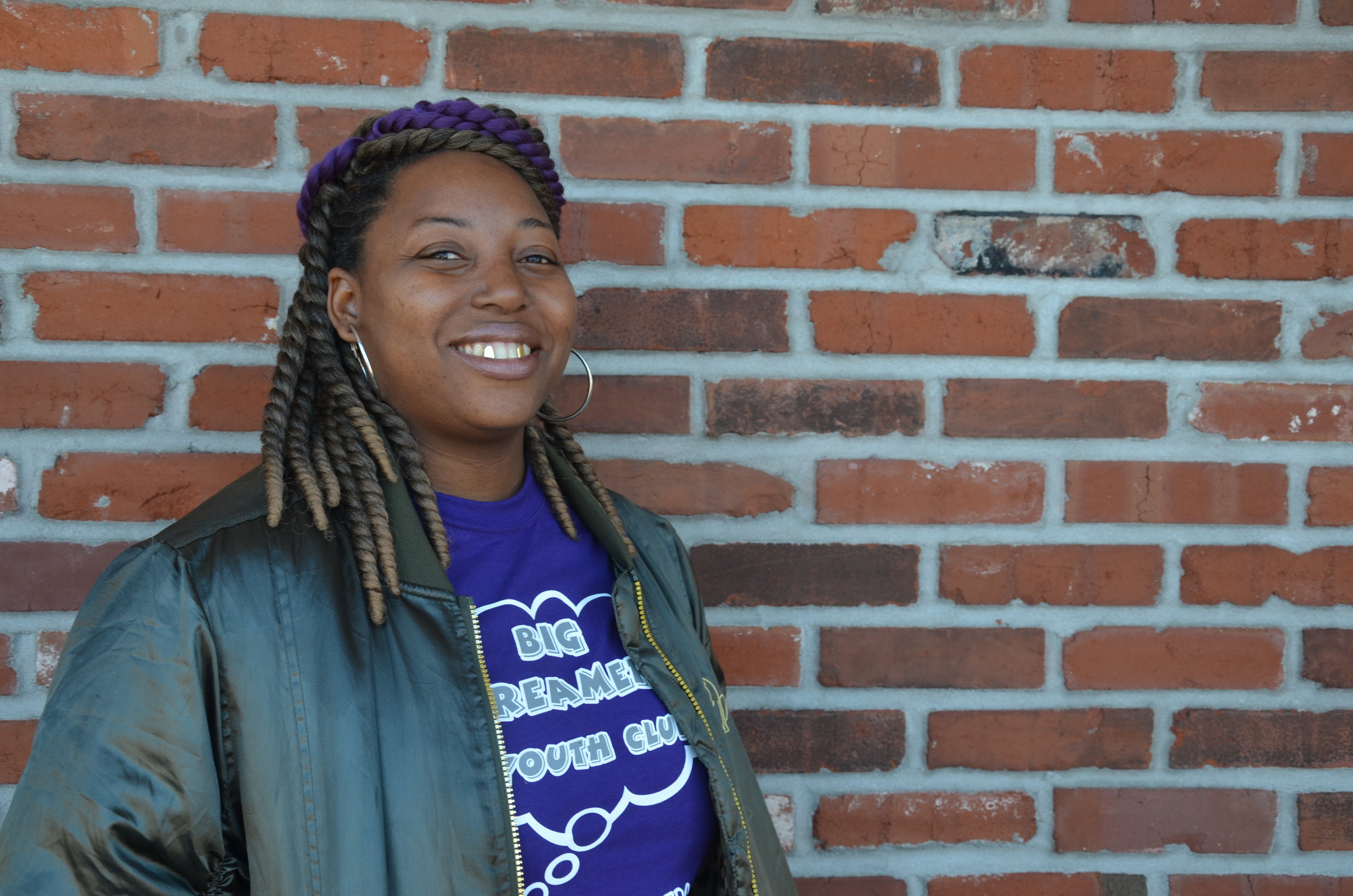
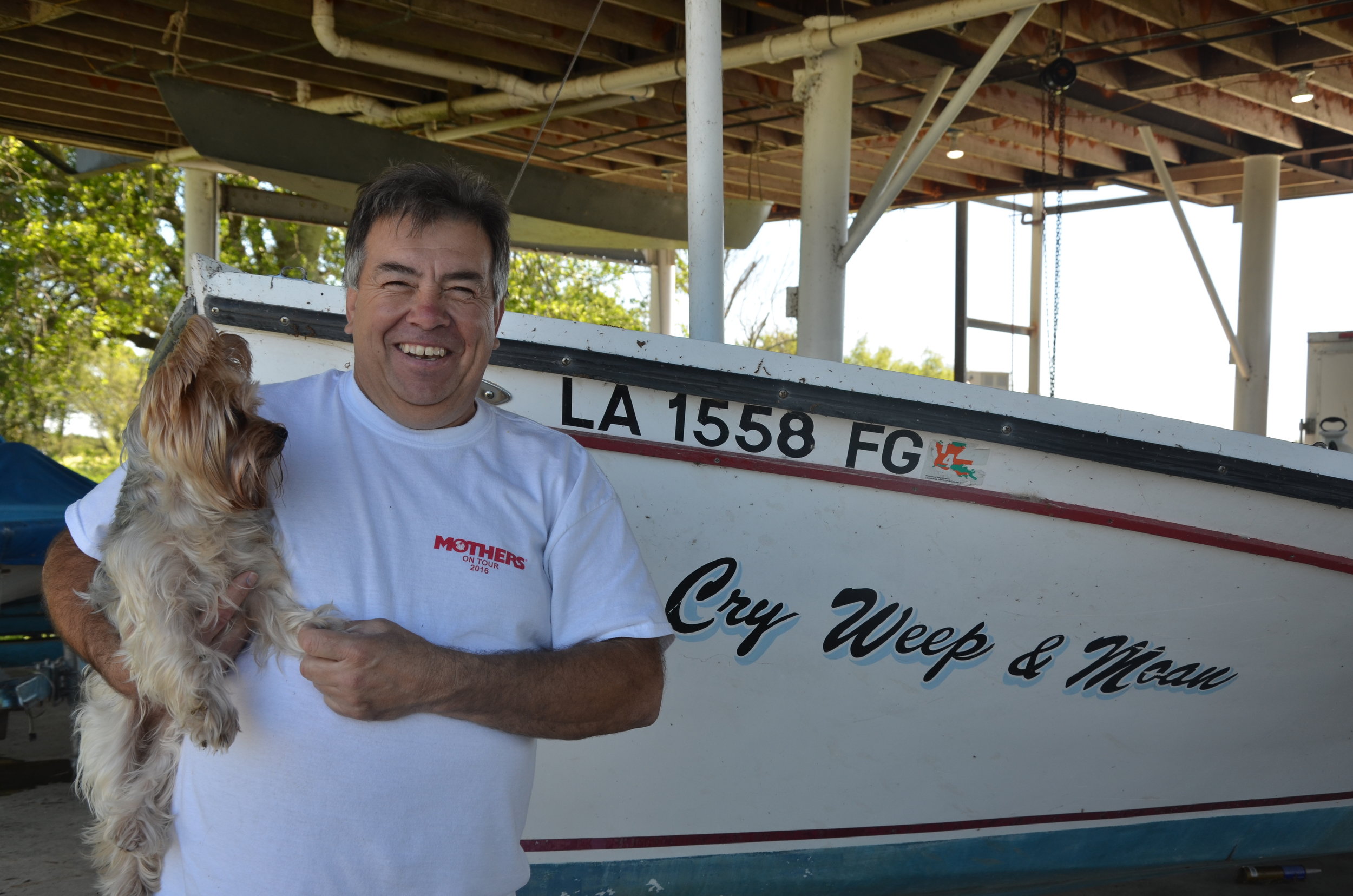
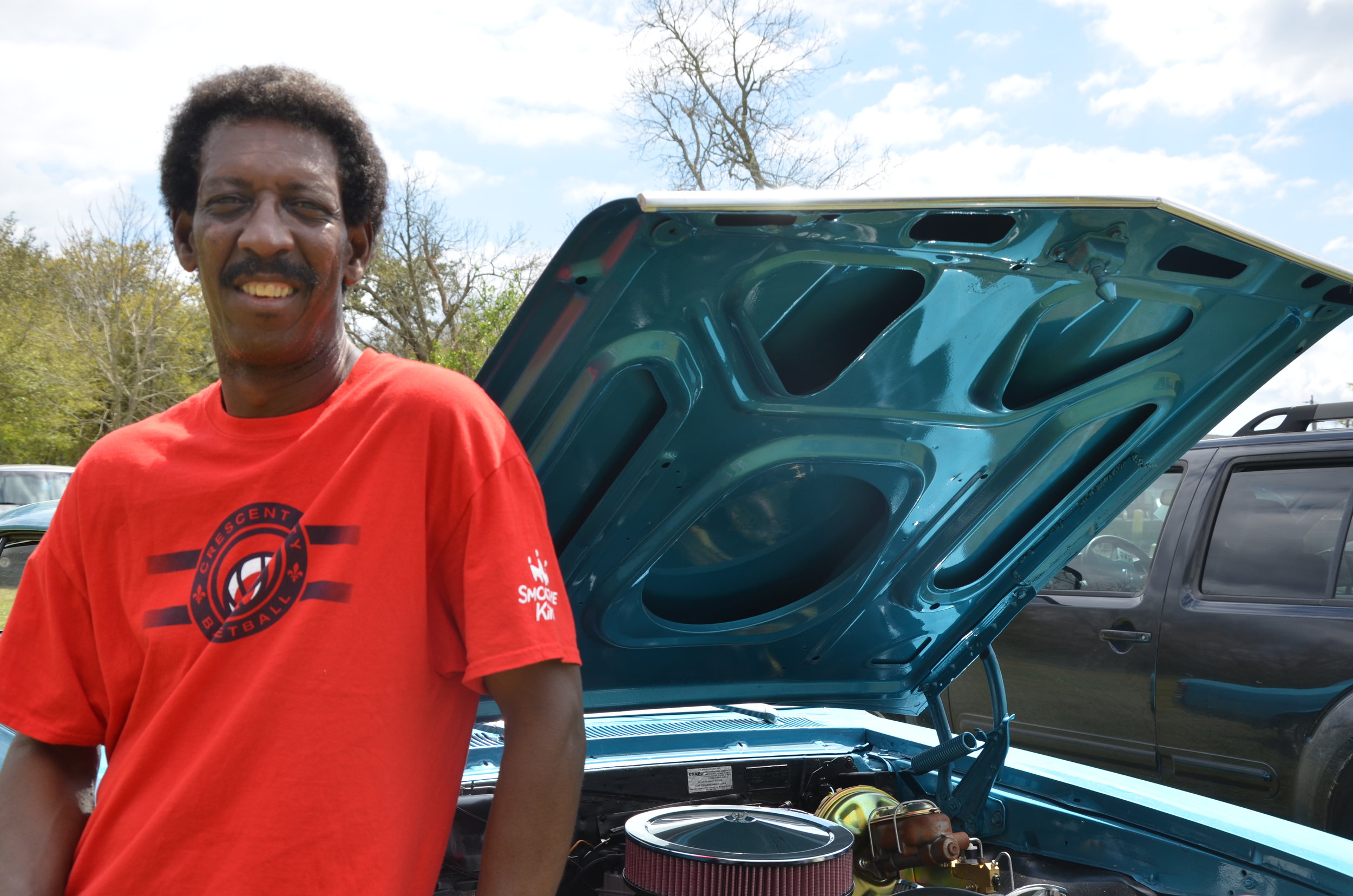
COP 20-Somethings
Lima, Peru. 2014.
In an effort to humanize the UN climate change talks and make them more accessible to those unfamiliar with the negotiations, researchers at Brown University’s Climate and Development Lab, G. Maris Jones and Marguerite Suozzo-Golé created COP 20-Somethings. Curious about the role of youth at the conference, Jones and Suozzo-Golé conducted a number of interviews with young people from across the globe, resulting in a radio story and photographic archive representing the faces and voices of those who will have to live with the long term effects of climate change. Follow the project on tumblr here.

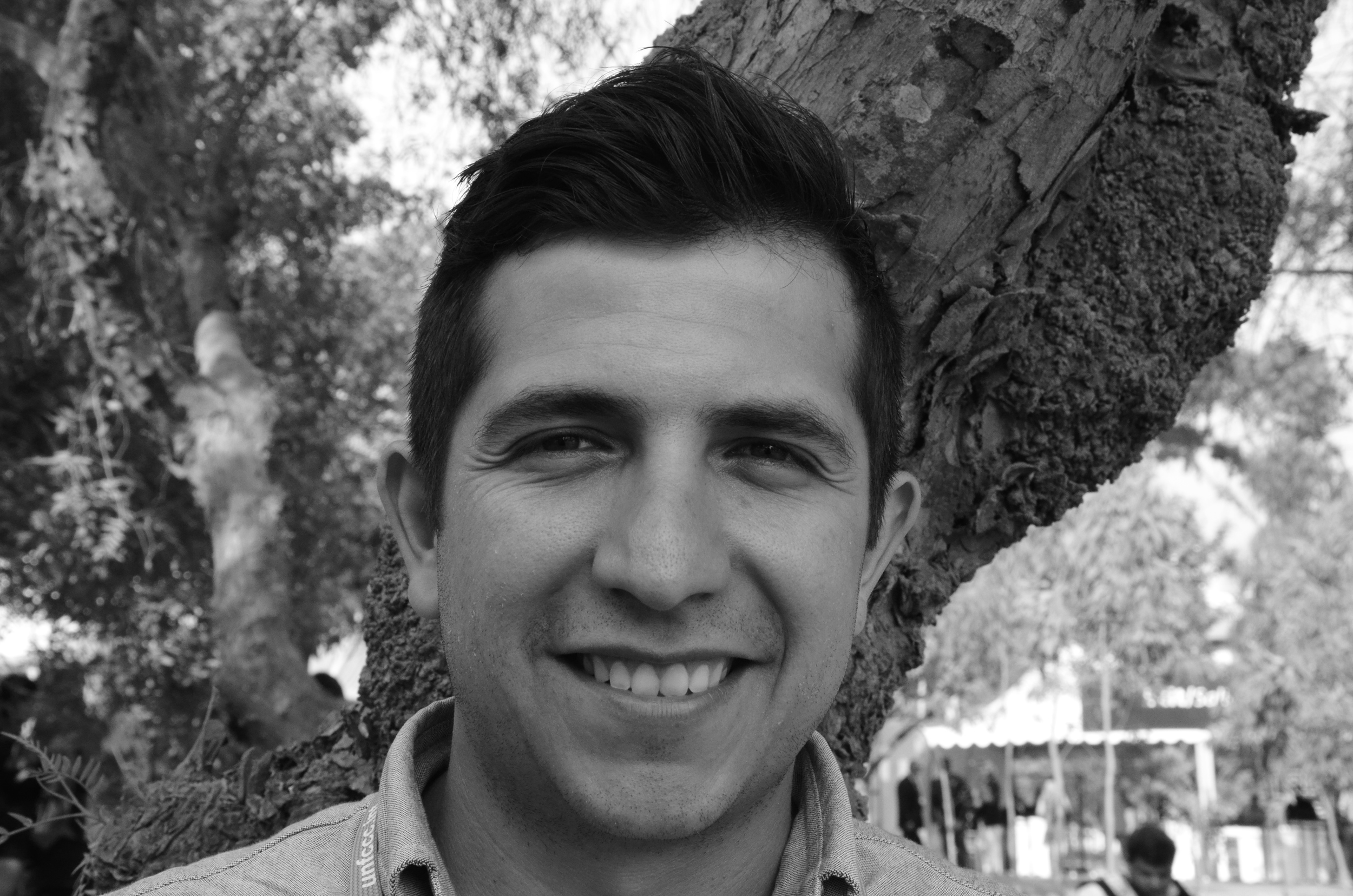
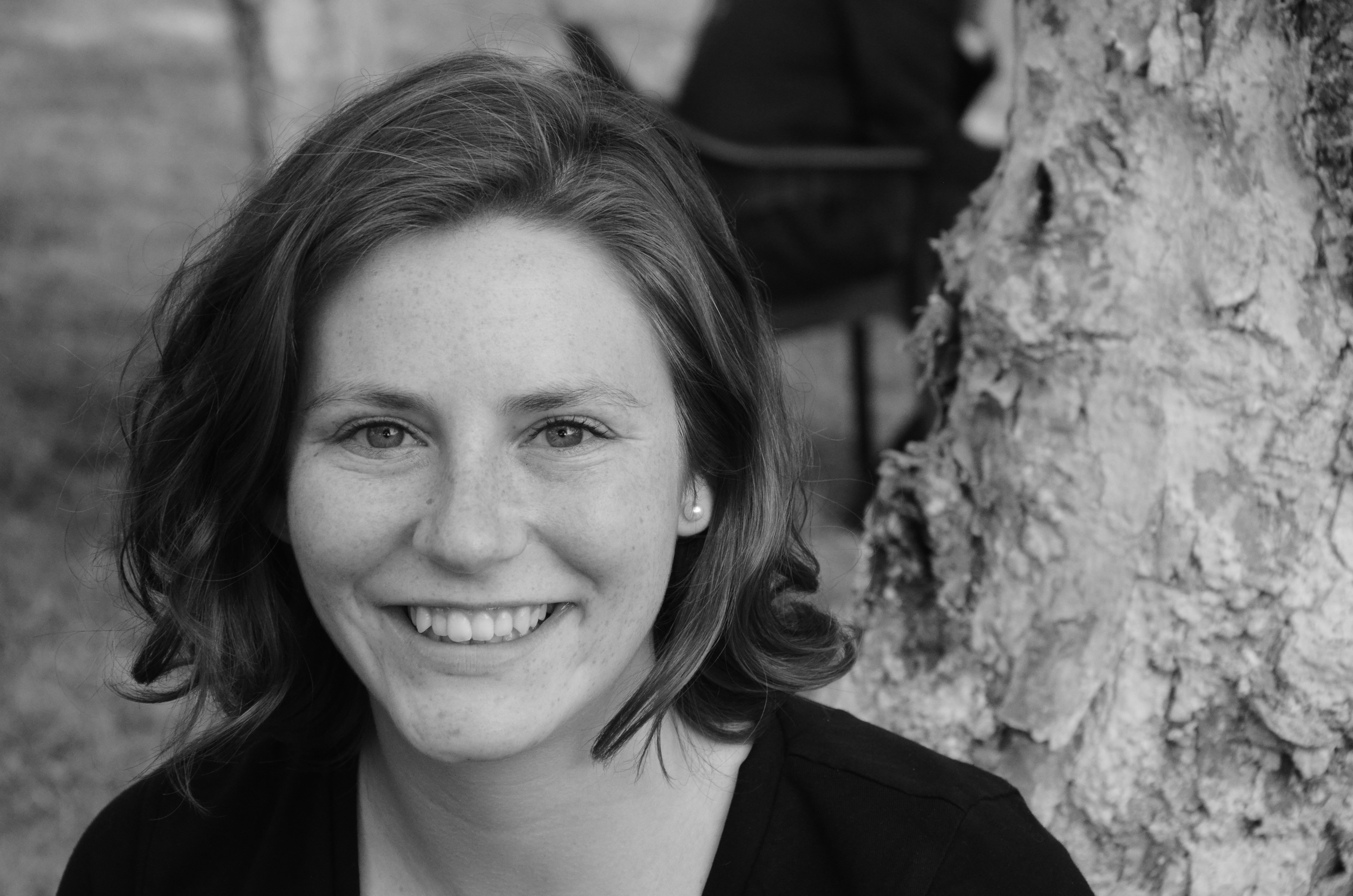
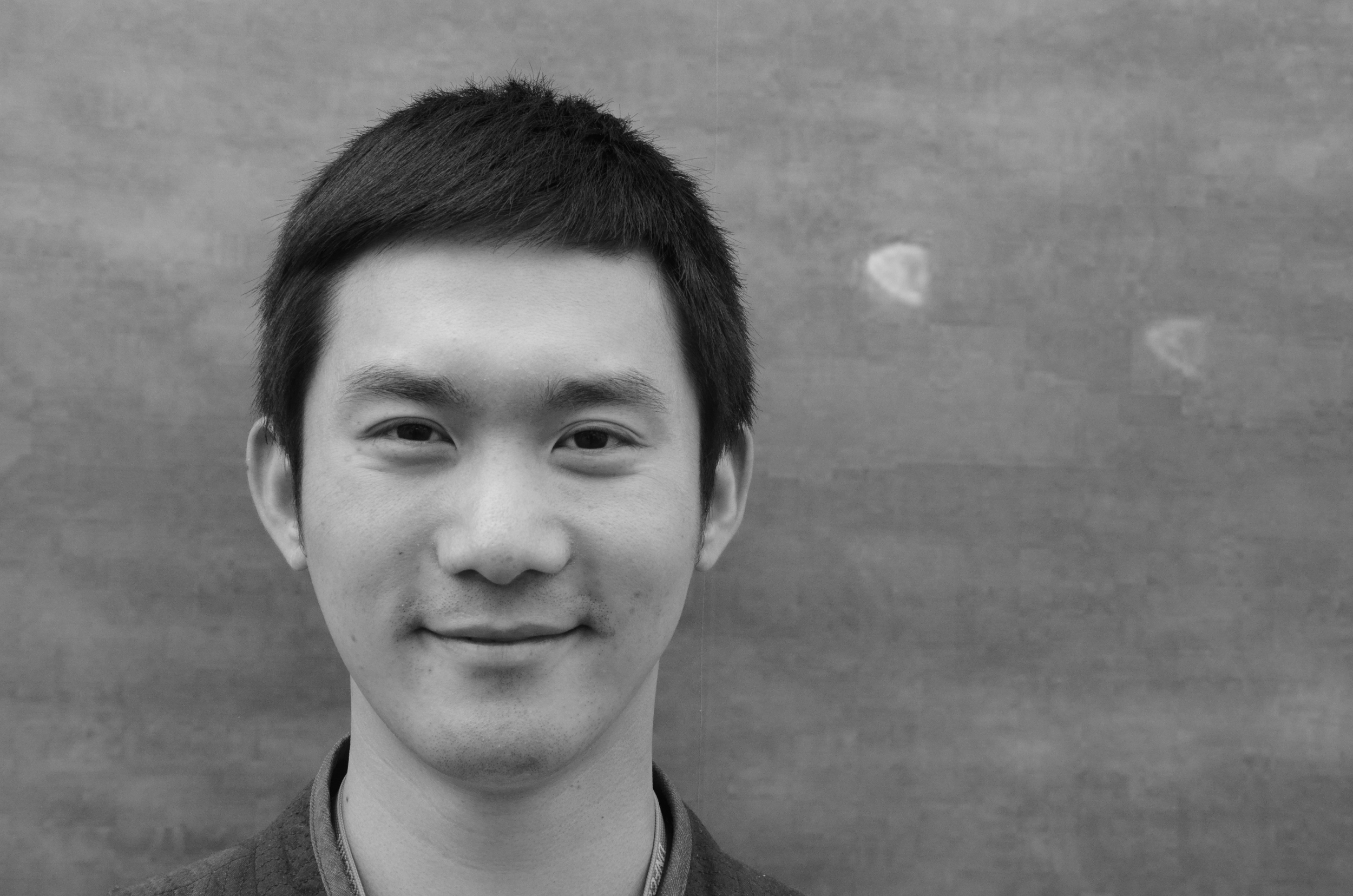
Creators of College Hill
Providence, Rhode Island. 2014.
Creators of College Hill combines portrait photography with text based on short interviews to document some of the artists that live and work in the city Providence. Many people might not label themselves artists despite having dabbled in different art mediums. My hope is that this project opens a discussion about what it means to create and how we define art and artists. Through this project we come to know the musicians, singers, song-writers, photographers, designers, painters, sculptors, poets, filmmakers, actors, directors—the people who create—on and around College Hill. To learn more about Creators of College Hill click here.
